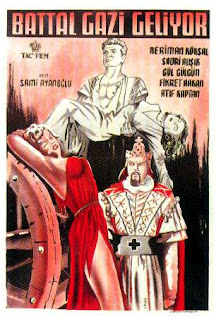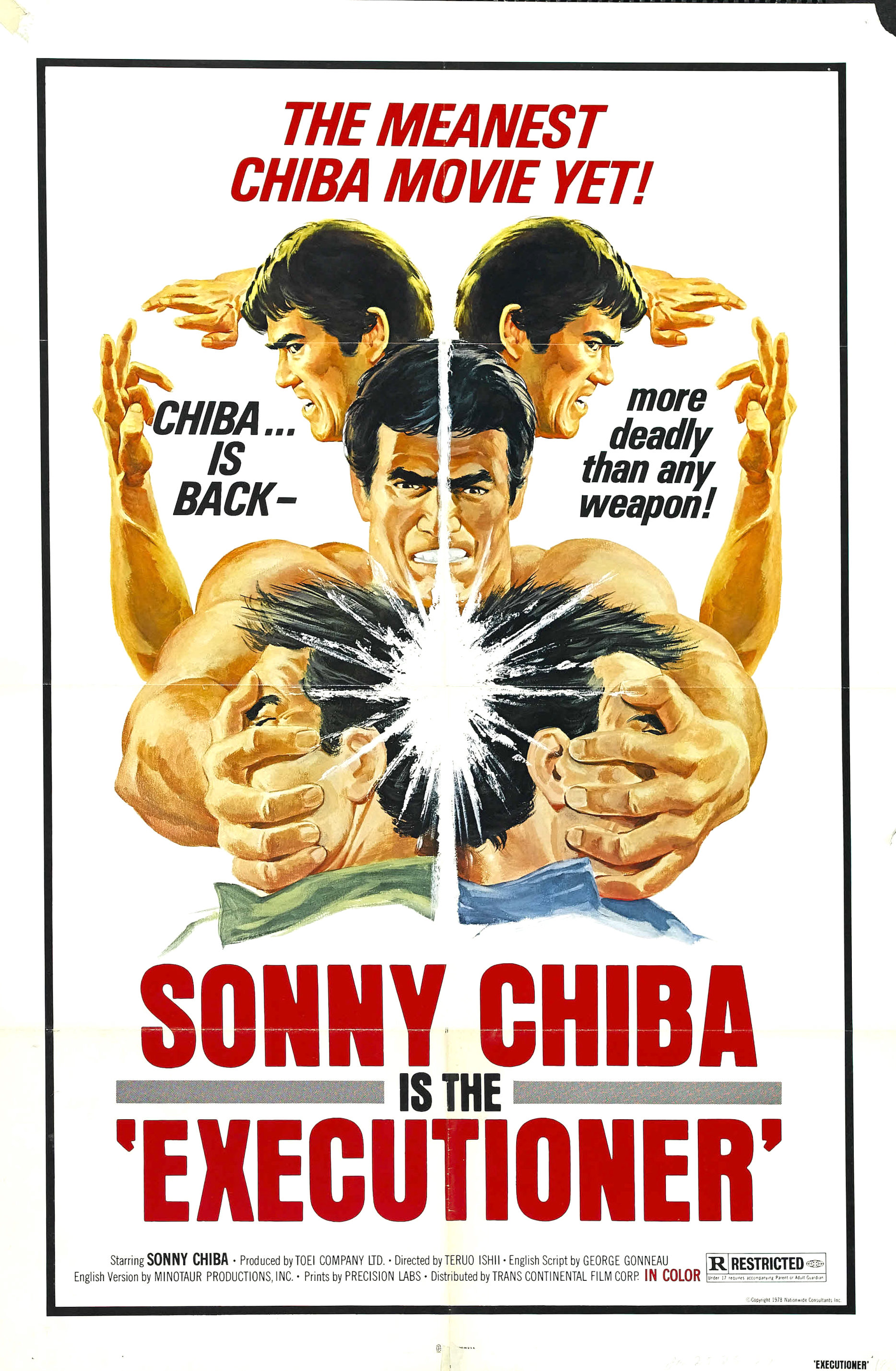1971
Director: Wu Ma
Starring: Helen Ma, Tang Ching, Cheung Chok Chow
This 1971 film is simply one of the best to have ever come out of Hong Kong. It took me a number of years to track this one down after having first read about it. In some cases, finding a particular film after having searched for many years will lead to disappointment. Often, it will not live up to the hype surrounding it or the anticipation that was built up in my mind. Happily in this case, it has actually exceeded expectations in every way. This is a beautifully rendered sword film that I have viewed numerous times and if anything, found it more impressive with each successive viewing. What has impressed me the most is the visual presentation. Though it is a straight ahead gory sword/action movie, it visually manages a distinct dreamlike quality normally associated with more artsy films. The combination is both exciting and hypnotic.
The Deaf Mute Heroine was lensed by prolific director/actor, Wu Ma. His credits as director have ranged from early sword movies, to 70s kung fu epics, to the more modern action and fantasy films of the 80s. As an actor, he will often play comedic, buffoonish characters. Many will know him best as the Taoist ghost hunter in A Chinese Ghost Story. Of all of the films that Wu directed, this undoubtedly is his masterpiece.
The film stars Helen Ma, one of the many female sword fighters in Chinese cinema of the late 60s. Not quite as petite as her counterparts, she brings just the right physical presence to the role.
The story concerns a deaf mute thief who in the film's incredible credit sequence, massacres a gang and robs them of their gold. What her motivation is, is never explained. Does she rob from thieves only? By doing this, she incurs the wrath of another gang, ruled by a female fighter who manages to strike the deaf mute with a poison blade. Escaping, the deaf mute is nursed back to health by a peasant fellow who is unaware of just who she is. She is softened by his kindness and seems ready to settle down with him, However, her past (both recent and distant) has a way of catching up with her...
While the print I have is a decent one, here's hoping that a complete, remastered print surfaces in the near future. This film deserves the Criterion treatment.
**** / ****


